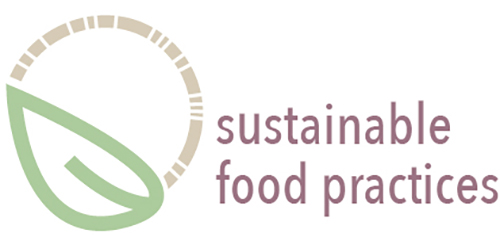
Presentation: “Alternative Actors in the Foodscape: Enabling Policies and Politics of Contested Claims for Social and Environmental Justice”
7th – 8th June 2018
7th – 8th June 2018
Dr. Rachel Reckinger presented her paper ‘Alternative Actors in the Foodscape: Enabling Policies and Politics of Contested Claims for Social and Environmental Justice’ at the 4th International Convention of the History and Cutlrues of Food. The event is organised by the (European Institute for the History and Cultures of Food (IEHCA)
For the programme and more session information click here
Abstract:
Recently, a number of resourceful community-driven initiatives for local food production and retail have arisen in Luxembourg, where low organic agricultural rates are paired with high consumer demands for organic produce, leading to a largely imported organic market. As an encompassing reaction, a niche of social innovators are combining agro-ecological land use and food production with locavorousness and circular economy.
Based on qualitative interviews and participant observation, we expand on four case studies of fruit and vegetable production as well as unpackaged and/or socially responsible food retail in today’s Luxembourg. One has been established since the 1980s with over 200 employees, partly in social insertion measures, producing and importing organic fruit and vegetables. Since 2014, three significantly smaller initiatives with higher citizen involvement have emerged, with a cooperative governance structure, a claimed community-supported agricultural outlook, a dynamic presence on social media and regular hands-on workshops and activities. These recent initiatives are more radical in their agro-ecological and/or permaculture practices. In a renewed enacting of circular economy precepts, they focus on local production without relying on imports, as a politicized step further than (possibly industrialized) organic production.
Grounded in heterodox experiences of alternative actors in food production and retail niches, we analyse ethical entrepreneurship and the governmentality at its core, political enabling or disabling structures and regulations, as well as commodification and upscaling issues. Therefore, this paper touches on governance interrelations between food policies and politics the politics of contested claims for, and practices of, social and environmental justice.


